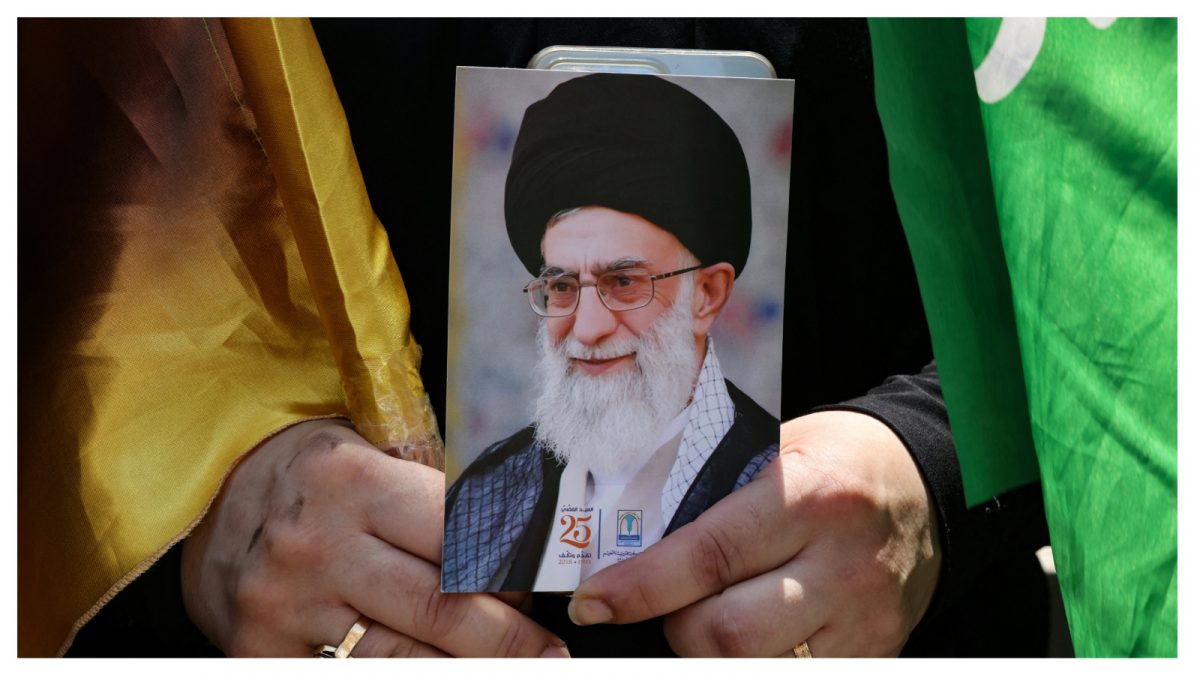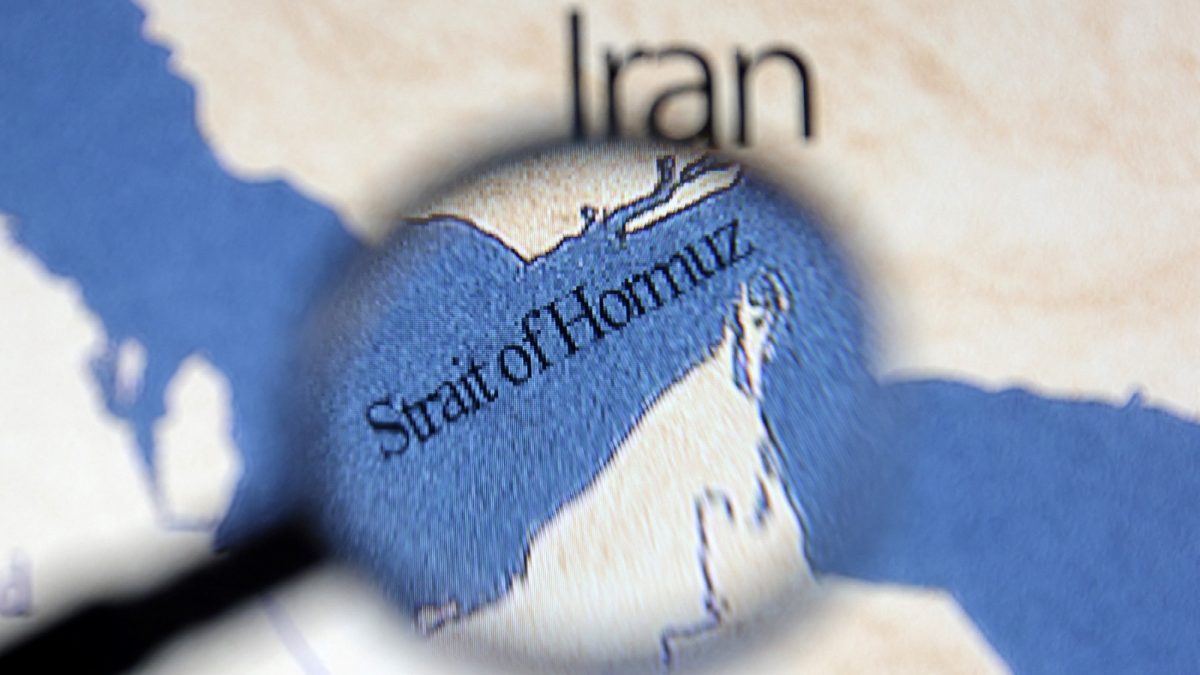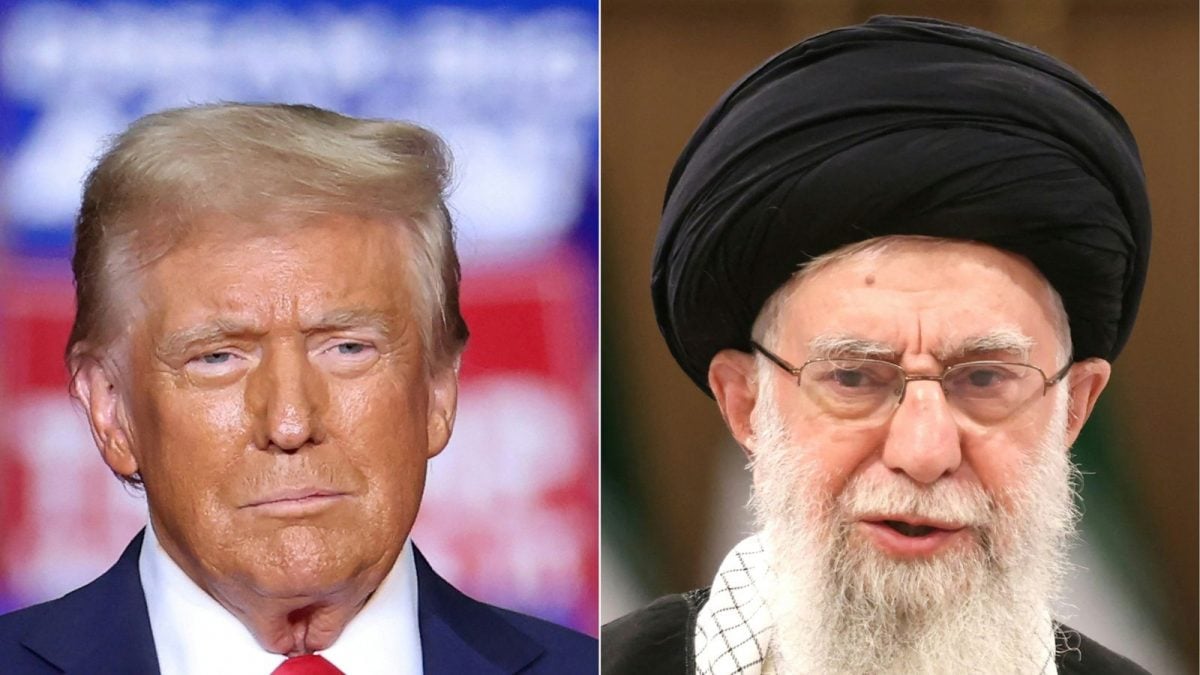ARTICLE AD BOX
While Iran has been a long-standing friend to India, bound by deep cultural and civilisational ties, relations with Israel, particularly in defence and technology, have strengthened in the past decade.

PM Narendra Modi and Iran's Supreme Leader
Last week, in a special gesture, Iran exclusively opened its airspace for India to evacuate its nationals amid its conflict with Israel. Days later, as the US bombed Iran's key nuclear facilities, India was among the first nations that Tehran called. The developments underscore the deep-rooted ties between the two nations, but leave India in a difficult spot in its balancing act policy with Iran and Israel.
While Iran has been a long-standing friend to India, bound by deep cultural and civilisational ties, relations with Israel, particularly in defence and technology, have strengthened since Prime Minister Narendra Modi came to power in 2014.
Thus, at a time when Iran finds itself increasingly isolated, India has refrained from picking a side, sticking to its mantra of "dialogue and diplomacy".
INDIA'S VITAL STAKES IN IRAN
This, despite the Iranian Supreme Leader Ayatollah Ali Khamenei's occasional criticism of India over the Kashmir issue and its "treatment of minorities". However, Iran has never acted against Indian interests.
India has vital stakes in Iran, especially the Chabahar port project, and sees the country, which shares borders with Afghanistan and Pakistan, as a key player in the region. Even the US's sanctions on Iran have failed to derail the ties between the two nations.
India has, however, halted importing crude oil from Iran since the US sanctions, turning towards Russia to fulfil its energy requirements.
In such a scenario, the connectivity initiatives between India and Iran form the bedrock of their ties. The Chabahar port is critical for India's connectivity plans as well as expanding its geopolitical influence in Central Asia in the face of a belligerent China.
Apart from offering an alternative route to Afghanistan and Central Asia by bypassing Pakistan, Chabahar serves as a counterweight to China's Belt and Road Initiative (BRI) and Pakistan's Gwadar port.
Moreover, the port, for whose development India has signed a 10-year deal, is expected to be connected to the International North-South Transport Corridor (NSTC), bringing India closer to Europe. The port's advantageous position near the Strait of Hormuz, which accounts for 20% of the global oil trade, enhances its strategic value.

SUPPORT FOR EACH OTHER AT UNITED NATIONS
India has also played key roles in facilitating Iran's membership in key groupings - the Shanghai Cooperation Organisation and the BRICS. To deepen cultural ties, India has also included Farsi (Persian) as one of the nine classical languages under the New Education Policy.
There has also been a history of steadfast support from Iran at crucial junctures. In 1994, Iran helped block a resolution critical of India at the United Nations Commission on Human Rights (UNCHR) on the Kashmir issue.
The resolution was being pushed by the Organisation of Islamic Countries (OIC), supported by influential Western nations. If passed, the resolution would have gone to the UN Security Council to initiate economic sanctions against India.
Iran's help, however, didn't go unnoticed. In 2023, India was among the 30 countries that voted against a United Nations resolution on the human rights situation in Iran.
The previous year too, India abstained from voting on a UNHRC resolution to set up a fact-finding mission to investigate alleged human rights violations committed against protesters in Iran agitating over the custodial death of 22-year-old Mahsa Amini.
In 2011, India also abstained from a UN resolution condemning an alleged plot, blamed by the US on elements in the Iranian establishment, to assassinate the Saudi envoy to Washington. 
AGE-OLD TIES
The relationship has been aptly described by the Ministry of External Affairs in its latest brief on Iran.
"India and Iran share a millennia-long history of interactions. The contemporary relationship draws upon the strength of these historical and civilisational ties, and continues to grow further, marked by high-level exchanges, commercial and connectivity cooperation, cultural and robust people-to-people ties," the note says.
Moreover, India and Iran share common concerns about the Taliban's Sunni extremism and Pakistan's role in Afghanistan.
While India and Iran established diplomatic relations as far back as 1950, ties gained momentum after then Prime Minister Atal Bihari Vajpayee visited Iran in April 2001 and signed the Tehran Declaration to boost bilateral cooperation.
The relations, however, blossomed under PM Modi, who became the first Prime Minister to visit Iran in the last 15 years in 2016. During his visit, PM Modi signed the trilateral agreement on trade, transport and transit between India, Iran and Afghanistan.
Published By:
Abhishek De
Published On:
Jun 23, 2025
Tune In



.png)
.png)
.png)
















 4 hours ago
3
4 hours ago
3










 English (US) ·
English (US) ·